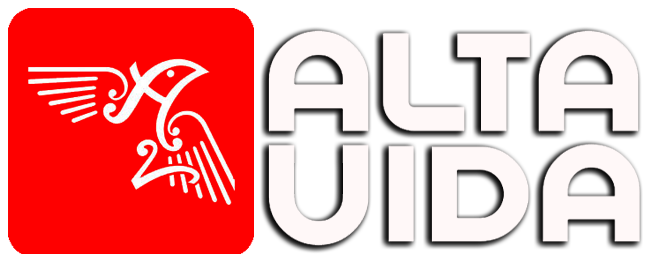Popular Feast in Egypt Sham El Nessim
February 12, 2020
0 comment
A holiday known as Sham el Nessim has been celebrated for over 4,500 years and celebrates agriculture (the bountiful harvest), fertility (of land, nature) and marks the beginning of spring.
Sham el Nessim is not a religion-related holiday, although it falls on the first Monday after the Coptic Passover (which was celebrated yesterday in Egypt by Orthodox Christians).
The festival is called Sham El Nessim because the harvest time in ancient Egypt was called “Sham” which in Arabic means smell, and El Nessim means air, breeze. “Smell of the breeze”.
Many families begin to prepare the food of this date, days before (a handcrafted fish) and often have a picnic today to enjoy the spring breeze, which they believe to have a wonderfully beneficial effect on this day. It’s a day for the outdoors and many party on boats on the Nile. In this day, the parks with green area and the public beaches, are crowded !!!
Sham el Nessim is also celebrated with the ingestion of traditional foods such as chives, Fesseekh (mullet, salted and canned fish with a strong odor), Renga (herring fish, smoked), boiled and colored eggs with edible dye, lettuce and lupins. .
Green onions seem to have special significance at the time. One of the pharaohs is said to have a single son who was much loved by the people. The young prince was stricken with an unknown disease and was bedridden for years, during which the people refrained from celebrating festivals in respect of the king and his son. The king summoned the archpriest, who diagnosed his son’s illness as being caused by evil spirits. A priest then ordered a chive to be placed under the boy’s head and also on his nose so that he could breathe the vapors. The prince soon recovered and the festivities were held at the palace to mark the occasion that coincided with the beginning of the spring season. As a gesture of goodwill to their king, the people hung bunches of chives over the doors of their homes, which explains how he turned out to be a main item on the Sham El Nessim table.
Modern Egyptian people believe they served a different purpose. They say chives keep the evil eye away and prevent envy, as well as being good for their health.
Salted fish is a symbol of well-being for the Egyptians. Fish offerings were believed to be made to the ancient gods to ensure a good harvest. Salted fish symbolized fertility because fish were abundant when the waters receded from the Nile flood. Today, the Egyptian people celebrate the festival by eating these strong smelling fish (fessekh and renga).
One, is prepared in traditional process, which is considered almost an art. This process is passed from one generation to the next to ensure its quality.
Eggs are another traditional food for the day. They symbolize the new life, which the Egyptians believe could bring luck. Before leaving to “smell the breeze,” families color eggs. Some use gouache paint and paint the shell, others cook them in dye water so that they are also colored inside.
Lupines and lettuce are harvested in late winter / early spring, and represent the feeling of hope in early spring.
May God not let us lack food.
Happy Sham el nessim!

Comment (0)